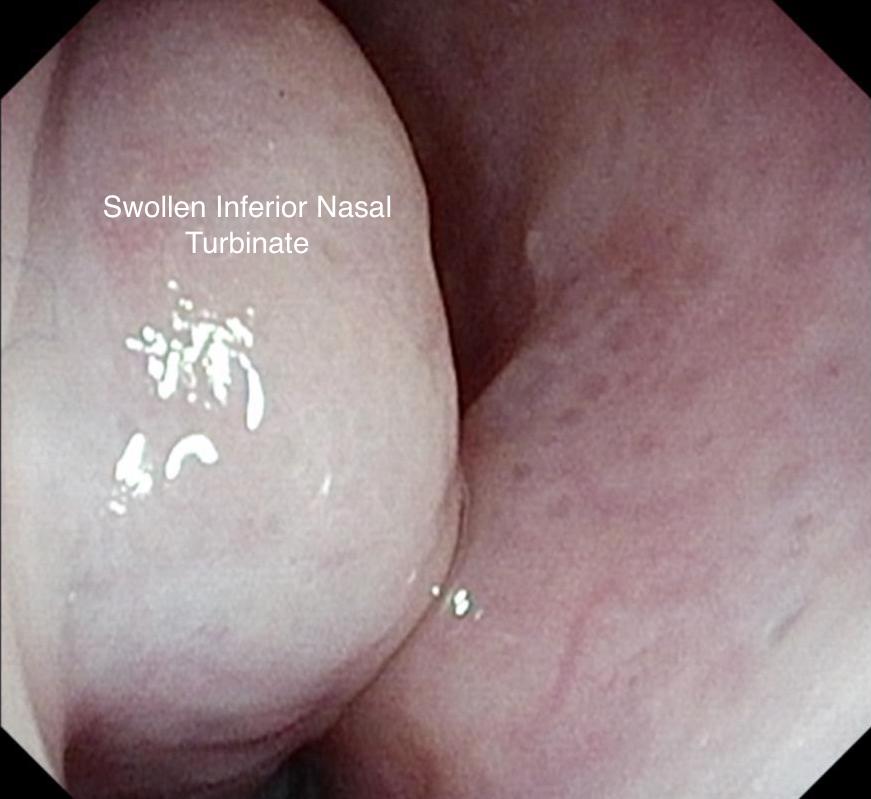Rhinitis Medicamentosa – Dangers of over-the-counter nose sprays
Nasal blockage can be frustrating. Suffers feel persistently stuffy, their voices are muffled and they often get very poor quality sleep. One of the common reasons for a blocked nose is enlargement or hypertrophy of the nasal turbinates.

Patients are often driven to seek quick remedies to their nasal obstruction. One widely used method is the use of decongestant nasal sprays such as Otrivine or Afrin. These sprays contain ingredients such as oxymetazoline, xylometazoline or ephrine. These sprays are highly effective in shrinking the nasal turbinate and improving nasal airflow.
Unfortunately, these sprays can lead to further problems if abused over prolonged periods. The long term use of the over-the-counter sprays results in a condition called Rhinitis Medicamentosa. This is literally a condition that is self-inflicted.
Rhinitis Medicamentosa causes rebound nasal blockage. So once the effects of the spray wear off, the patient is left with a more congested nose. The patient then resorts to using more of the same spray and falls victim to a vicious cycle of blockage and instantaneous relief.
I recently saw a patient who started using these over-the-counter nasal sprays during her pregnancy. Pregnancy causes the nasal lining to swell – a condition we refer to as Rhinitis of Pregnancy. She found these sprays helpful but continued to use them for a prolonged period of time. Indeed when I saw her she had just used some of these sprays. The picture below shows a shriveled nasal turbinate. The nose is also dry.

The treatment of Rhinitis Medicamentosa is fraught with difficulties akin to getting an alcoholic to stop abusing alcohol. The “cold turkey’ method required discipline and compliance. In some cases, a surgical reduction of the turbinate or turbinoplasty is the only viable option.
Share this blog via:
